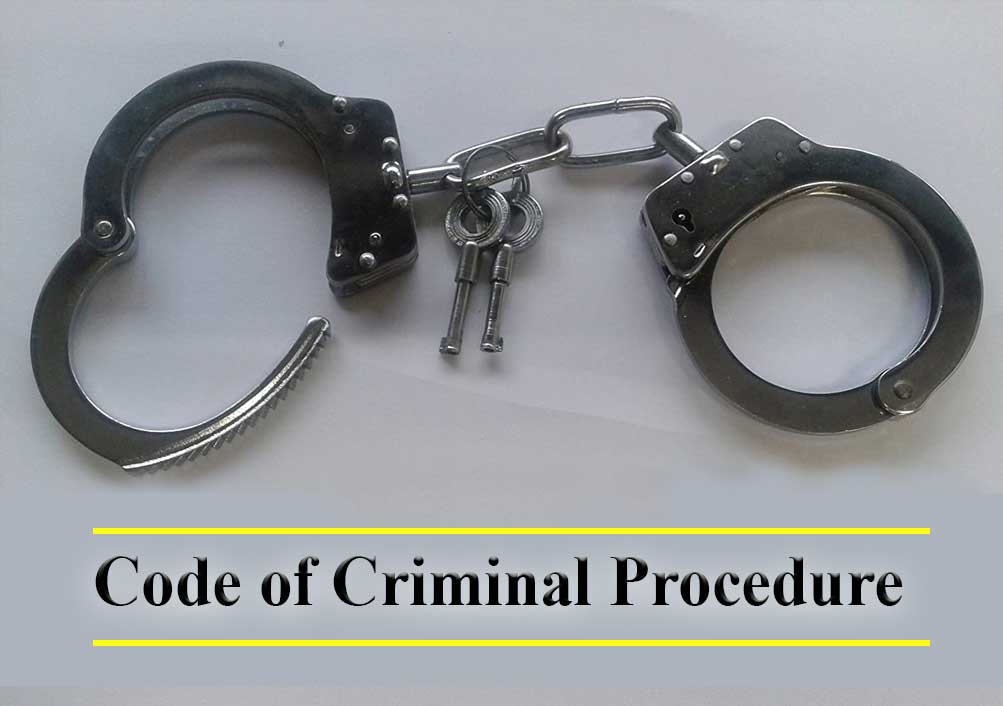In CRR-3429-2019(O&M)-PUNJ HC- Oral or documentary evidence should be available in order to invoke powers to summon additional accused u/s 319 CrPC, holds P&H HC
Justice Jasjit Singh Bedi [20-12-2022]

Read Order: Hitesh Kumar v. State of Haryana and Another
Monika Rahar
Chandigarh, December 21, 2022: While dealing with a revision petition for setting aside the order of the Lower Court dismissing an application under Section 319 Cr.P.C. for summoning Mamta Devi as additional accused, the High Court of Punjab and Haryana has held that under Section 319 Cr.P.C., there is no compelling duty to summon an accused and the discretionary power so conferred upon the Court should only be exercised to achieve justice and must be based on the quality of evidence collected.
The Bench of Justice Jasjit Singh Bedi further held, “In fact, the Court being the sole repository of justice, there is a duty cast upon it to uphold the law and ensure that the real accused should not get away by manipulating the Investigating Agency/Prosecuting Agency. What the Court needs to examine while adjudicating upon an application under Section 319 Cr.P.C. is that there should be evidence available on the file in the shape of oral evidence or documentary evidence in order to invoke its powers to summon an additional accused under Section 319 Cr.P.C.”
The petitioner made a complaint alleging therein that a theft was committed in his house after administration of stupefying substance to his family members. Resultantly, an FIR under Sections 328, 380, 457 and 34 IPC was registered in this case.
During the course of investigation, a supplementary statement of the complainant was recorded in which he named three persons as having committed the offence. Based on the said statement, the aforementioned accused were arrested and recoveries were effected from them. Pursuant to the conclusion of the investigation, a report under Section 173 Cr.P.C. was filed against the said three persons.
During the course of the Trial, the petitioner-complainant was examined and in his deposition he stated that it came to their knowledge that his wife Mamta was behind the commission of offence in question in connivance with the other accused.
Based on the aforesaid depositions, an application under Section 319 Cr.P.C. was moved which was eventually dismissed. This order was challenged in the present petition.
The petitioner’s counsel contended that there was sufficient evidence against the proposed accused-Mamta since the complainant specifically named her while appearing in the witness box. The bench noted that it was his categoric deposition that some stupefying substance was administered to the family members which was facilitated by her, leading to the commission of theft in his house.
He further contended that the Trial Court did not properly appreciate the evidence on record and dismissed the application under Section 319 Cr.P.C. without due application of mind to the facts and circumstances of the case. Thus, he contended that proposed accused ought to be summoned as an additional accused to face Trial alongwith the accused already facing Trial.
After hearing the parties, the Bench was of the opinion that a perusal of Section 319 Cr.P.C. would clearly show that the Court has wide powers to summon a person as an additional accused who has been exonerated by the Investigating Agency, if it finds that there is sufficient evidence available against the said person in order to try him along with the accused already facing trial. However, the Bench added that there is no compelling duty to summon an accused.
“The discretionary power so conferred should only be exercised to achieve justice and must be based on the quality of evidence collected. In fact, the Court being the sole repository of justice, there is a duty cast upon it to uphold the law and ensure that the real accused should not get away by manipulating the Investigating Agency/Prosecuting Agency”, the Court held.
The bench further added that what the Court needs to examine while adjudicating upon an application under Section 319 Cr.P.C. is that there should be evidence available on the file in the shape of oral evidence or documentary evidence in order to invoke its powers to summon an additional accused under Section 319 Cr.P.C.
In the present case, admittedly, the Court noted that the second respondent was not named in the complaint, the FIR or in the supplementary statement of the complainant-petitioner. On the contrary, the Bench was of the view that she was cited as a prosecution witness, her statement having been recorded under Section 161 Cr.P.C.
Further, from a perusal of the deposition of the complainant, the Bench noted that he stated that he had come to know that his wife was involved in the commission of offence. Taking the said statement to be true, it would amount to hearsay evidence at best, which is otherwise inadmissible, the Bench held.
Sign up for our weekly newsletter to stay up to date on our product, events featured blog, special offer and all of the exciting things that take place here at Legitquest.




Add a Comment